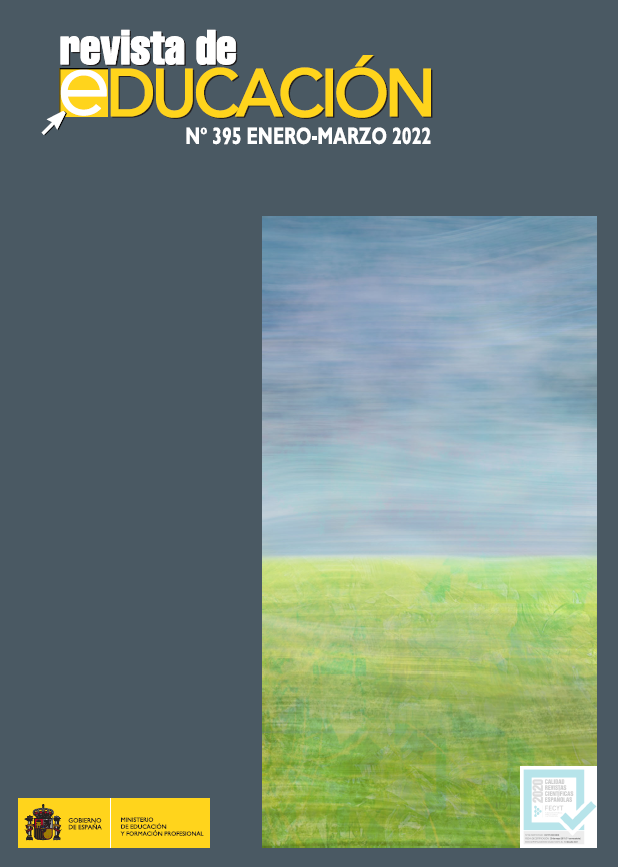Returning education to the common: reckoning together in contemporary schooling
Main Article Content
Abstract
This article addresses directly the issue of how we might consider what counts in contemporary schooling; of how we go about working out together what counts for us. This will, in turn, open up possibilities for seeing the practices of teaching and learning as making a contribution to the construction of common goods. It begins from the etymology of ‘to count’. From the Latin computare, it is imbued with a sense of calculating or enumerating (such as resultsre, grades, league table position etc in the context of schooling). But there is another sense of the verb which also suggests a ‘reckoning among’, or ‘reckoning together’. To ‘count’ is, therefore, also strongly related to ideas of ‘judging or considering along with others’. In further exploring how we work out together what counts in education, the article turns to the work of the American philosopher, Stanley Cavell, and to his explorations of criteria and judgement in the opening chapter of his seminal work The Claim of Reason (1979). In discussing Wittgenstinian criteria in language, and of what, for Wittgenstein, ‘counted’ as something, Cavell notes that Wittgenstein’s source of authority is always the ‘we’ (the community of language users); it is always the ‘we’ who establish the criteria under investigation. Cavell proceeds from this discussion to examine the formula: “We say” in appeals to ordinary language. In saying this, argues Cavell, we are issuing an invitation to the other to see if they can accept what we say, or the way we see things. The fact that we do this together signals our membership of a polis: ‘Our search for criteria on the basis of which we say what we say, are claims to community’ (Cavell, 1979, p. 20). To work out what counts for us – through reckoning together – is the way that I ‘discover my position with respect to these facts’ (ibid., p. 25). The article argues that to offer this invitation to others see things the way we see them (to consent in criteria) – or, conversely, to dissent in criteria – is a pedagogical moment. In the context of education, it can be a practice – rooted in dialogical approaches – that ruptures a transmission model of education and the precedence of outcomes. To accept the invitation to talk together, and to consider to what we can give our consent (and from what we must dissent), is a way of emocrati the emocratizing promises of education that has profound implications for pedagogy as well as for the construction of common goods.
Key words: community, criteria, common, Cavell, proclaim, return, counts, attunement, consent.

